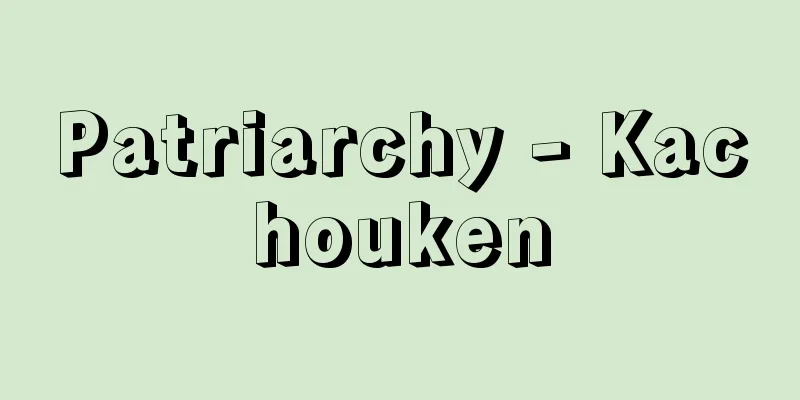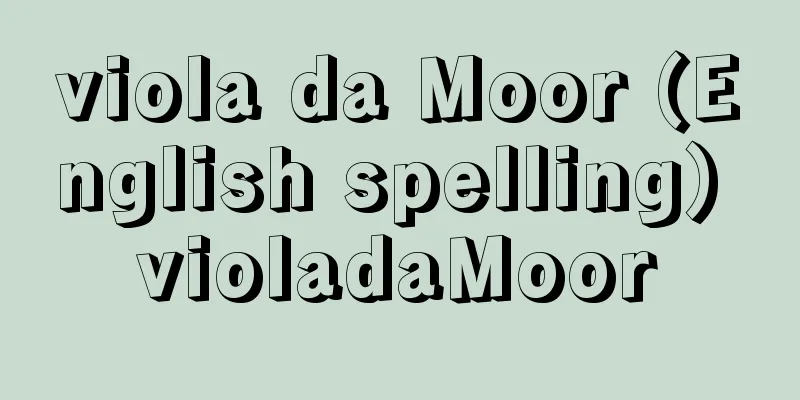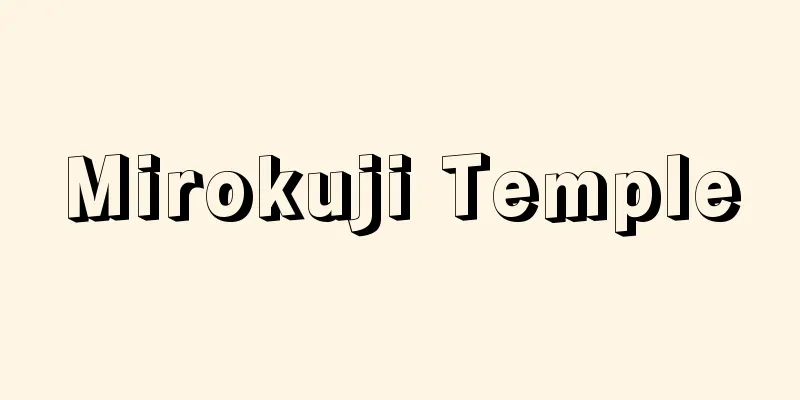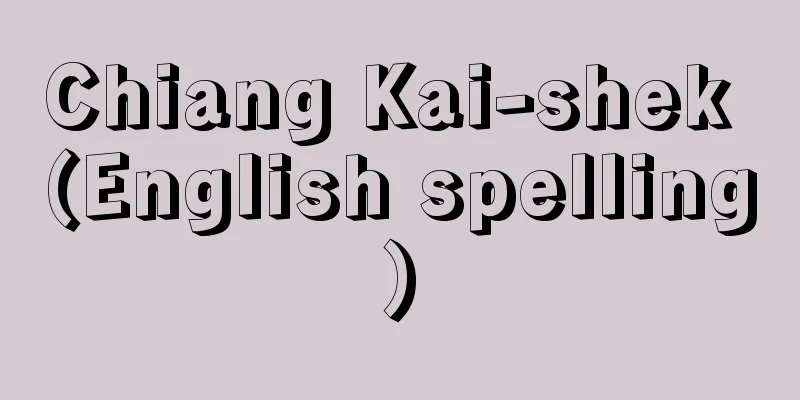Patriarchy - Kachouken

|
The absolute power of control that the head of a family (father, patriarch) had over its members. This system exists in all patriarchal societies, past and present, but the patriarchal power of ancient Rome (patria potestas) is particularly unique in the history of world law in that it granted the right to sell and abandon members, and even the right to life and death. In traditional China, the head of a family was called the dangjia or danghu, and in official relations such as the household registration system, he was called the head of the household. Usually, the head of the family was a man of a generation and an age who was the leader of the family community and was in charge of household management or household affairs other than the daily housework, which was the housewife's role. Family members could not dispose of the family property at their own discretion without the head of the family, or enter into any contract that would burden the family property without his consent. However, the division of power within a family into patriarchal and patriarchal powers has been seen since before the Han dynasty, and therefore it can be said that the most authoritative person in family life was the head of the family, who was the joint ancestor of the family (patriarchy). Modern law does not recognize patriarchal power, and parental power and guardianship are only recognized for special reasons. In Japan's civil code, head of household power was recognized as a relic of patriarchal power until it was abolished by Law No. 222 of 1947. (→Patriarchy) Source: Encyclopaedia Britannica Concise Encyclopedia About Encyclopaedia Britannica Concise Encyclopedia Information |
|
家族団体の長 (家父,家長) がその構成員に対し有した絶対的な支配権。家父長制をとる社会では,古今東西を問わず,いずこにおいても存在する制度であるが,特に古代ローマの家長権 patria potestasは,構成員の売却権や遺棄権,さらには生殺与奪権まで認められていたという点において,世界法史上最も特徴的である。旧来の中国では,家長は当家または当戸と呼ばれ,戸籍制度など公的関係では戸主といわれた。通例家族内で世代と年齢の高い男子があたり,家族共同体の指揮統率者であり,主婦の職分である日常の家事以外の家政または家務を担当した。家族は家長の手を通さずに任意に家産を処分したり,その同意を得ないで,家産の負担となるべき契約を締結することができなかった。しかし家族内の権力が,家長権と父権などに分立していることは,漢代以前からみられるところで,したがって家族生活において最も権威的なのは,家長が家族共同の父祖たる場合 (家父長) であったといえる。近代法は家長権を認めず,親権,後見などが特別な理由によって認められるだけである。日本の民法では,昭和 22年法律 222号で廃止されるまで家長権の遺制として戸主権を認めていた。 (→父権制 )
出典 ブリタニカ国際大百科事典 小項目事典ブリタニカ国際大百科事典 小項目事典について 情報 |
<<: Audible frequency - audio-frequency
Recommend
White Lotus Sect - Byakurenkyo
A Chinese religious organization. It began as a r...
scaramuccia
…Originally, it was one of the “masks” of the Com...
Publicist
… [Definition] In a broad sense, it refers to all...
Madness Opera - Kyoran Opera
...After Lucia is separated from her lover by her...
nitrogen monooxide
...When simply referring to nitric oxide, it ofte...
"Kanshuji Family Documents" - Kajūjikemonjōkiroku
...In addition, the courtiers of the Kanshuji cla...
Murasaki Shikibu Diary
A diary written in kana in the mid-Heian period. ...
ius gentium (English spelling) iusgentium
...However, when people belong to social groups w...
Monteponite
…A general term for minerals containing cadmium. ...
Higashikubiki Hills
Tertiary hills in the southwest of Niigata Prefec...
Joint network - Kyodoami
…In early modern fishing villages, the compositio...
exotic plant
…Plants native to Japan were probably brought to ...
Bedding - Shingu
A general term for the equipment used for sleepin...
Iron Horse
...Known as the great director of the Western cla...
Mean solar day - Heikin Taiyou Jitsu (English spelling) mean solar day
The time from one mean solar noon to the next noon...

![Kyrgyzstan [Autonomous Region] - Kirgis](/upload/images/67d07250e19d4.webp)






![Åland [Islands] - Åland](/upload/images/67cfde464ffba.webp)
